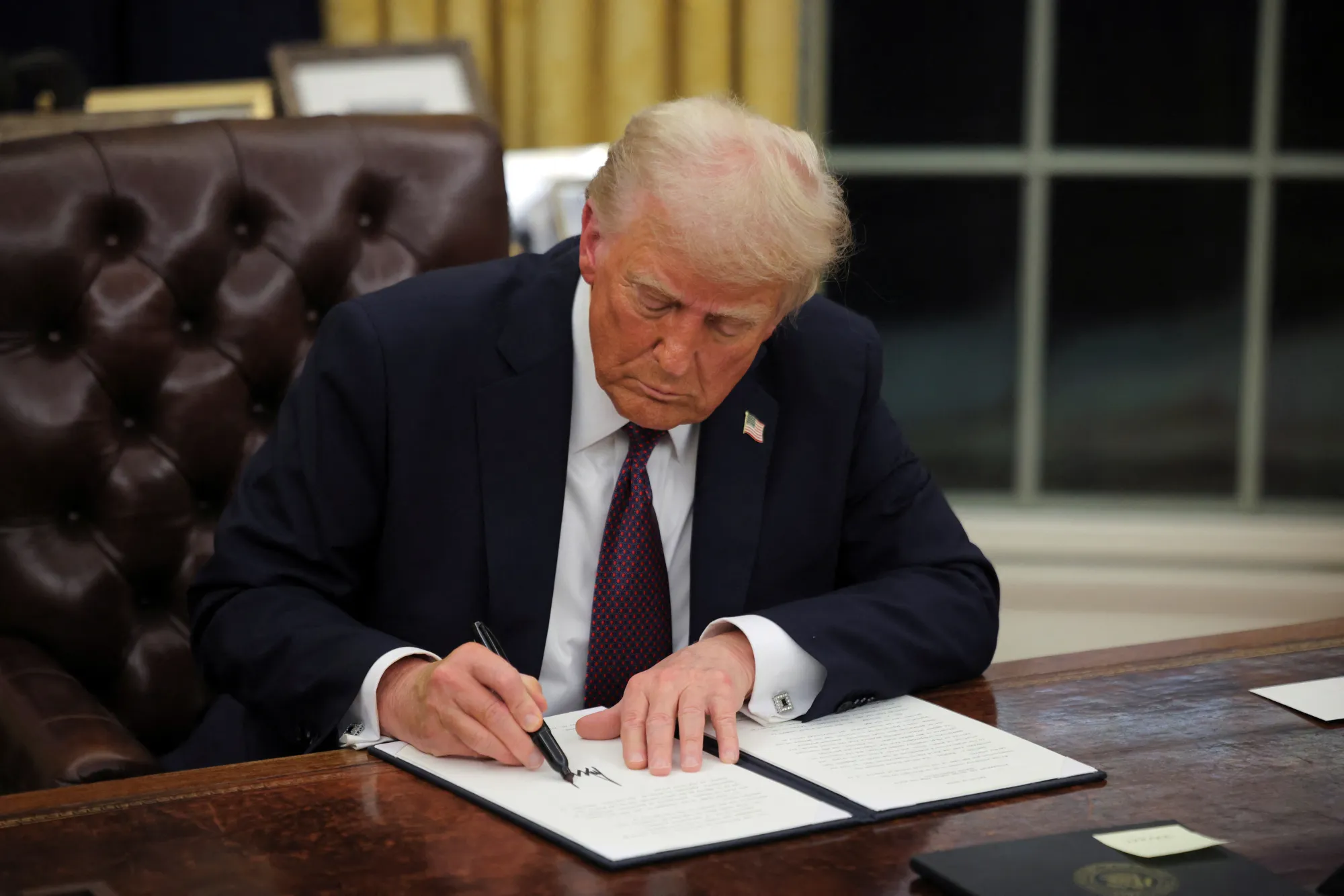Japanese Prime Minister Shigeru Ishiba’s cabinet is expected to approve a record initial budget for the next fiscal year, totaling approximately ¥115.5 trillion ($735 billion), with a significant focus on bolstering defense and supporting local economies, Bloomberg reports.
The budget, slated for the fiscal year beginning in April 2025, is set to be finalized on Friday.
Despite the increased spending, the draft plan obtained by Bloomberg reveals a positive development: record tax receipts will allow the government to cut back on new bond issuance by nearly one-fifth, reaching ¥28.6 trillion. This reduction, falling below ¥30 trillion for the first time in initial plans since 2008, is a welcome sign for a nation burdened with the highest government debt among advanced economies.
The increase from the current fiscal year’s initial budget of ¥112.6 trillion is approximately 2.6%, aligning with the government’s inflation forecast. Ministries had initially requested ¥117.6 trillion.
Key highlights of the budget include a more than 10% surge in defense spending to ¥8.5 trillion and a roughly 7% increase in grants to local governments. Ishiba, a former defense minister, has long advocated for higher military spending in light of the tense regional security environment in Asia, and this budget reflects his commitment. The boost to local government grants supports his push for central government support for regional revitalization.
Social security allocations are set at ¥38.3 trillion, a slight increase from ¥37.7 trillion. Notably, the budget does not include reserve funds for price relief or wage growth measures.
Despite the record tax receipts of ¥78.4 trillion, which help limit reliance on government debt, the budget will still contribute to Japan’s overall debt pile. The International Monetary Fund estimates Japan’s debt to be over 250% of its gross domestic product in 2024.
The reduction in new bond issuance is particularly timely given the Bank of Japan’s likely continuation of interest rate hikes, which will put pressure on debt-servicing costs. The government has set the debt-servicing cost calculation rate at 2% for the upcoming budget, up from 1.9% in the current year’s initial budget.









